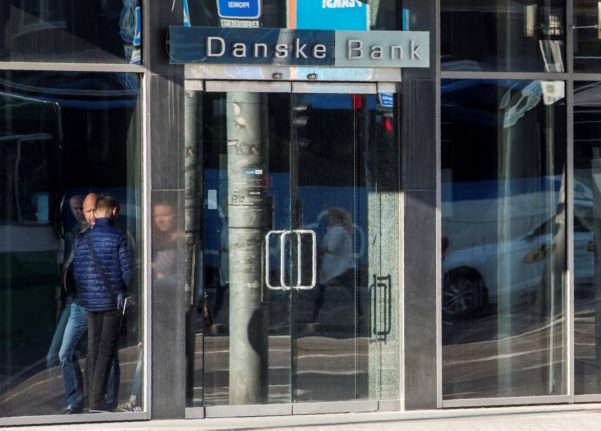The Supreme Court ruled Sobhraj, 78, who has been in prison in the Himalayan republic since 2003 for murdering two North American tourists, should be freed on health grounds.
“Keeping him in the prison continuously is not in line with the prisoner’s human rights,” read a copy of the verdict seen by AFP.
“If there is not any other pending cases against him to keep him in the prison, this court orders his release by today and… the return to his country within 15 days.”
Sobhraj needed open heart surgery and his release was in keeping with the law allowing the compassionate discharge of bedridden prisoners who had already served three-quarters of their sentence, the verdict added.
The notorious murderer underwent a five-hour cardiac operation in 2017 and the verdict said he remained in regular treatment for heart disease.
Sobhraj will likely be freed from Kathmandu’s Central Jail on Thursday, an official at the prison told AFP.
He will first have to appear in a lower court for administrative formalities before he can walk free, the official added.
Backpacker murders
After a troubled childhood and several prison terms in France for petty crimes, Sobhraj began travelling the world in the early 1970s and wound up in the Thai capital Bangkok.
His modus operandi was to charm and befriend his victims — many of them starry-eyed Western backpackers on a quest for spirituality — before drugging, robbing and murdering them.
Suave and sophisticated, he was implicated in his first murder, that of a young American woman whose body was found on a beach in Pattaya wearing a bikini, in 1975.
He was eventually linked to more than 20 killings.
His victims were strangled, beaten or burned, and he often used the passports of his male victims to travel to his next destination.
Sobhraj’s sobriquet, “The Serpent”, came from his ability to assume other identities in order to evade justice. It became the title of a hit series made by the BBC and Netflix that was based on his life.
He was arrested in India in 1976 and ultimately spent 21 years in jail there, with a brief break in 1986 when he escaped and was caught again in the Indian coastal state of Goa.
Released in 1997, Sobhraj retired to Paris but resurfaced in 2003 in Nepal, where he was spotted in Kathmandu’s tourist district and arrested.
A court there handed him a life sentence the following year for killing US tourist Connie Jo Bronzich in 1975. A decade later he was also found guilty of killing Bronzich’s Canadian companion.
In prison in 2008, Sobhraj married Nihita Biswas, who is 44 years his junior and the daughter of his Nepalese lawyer.



 Please whitelist us to continue reading.
Please whitelist us to continue reading.
Member comments